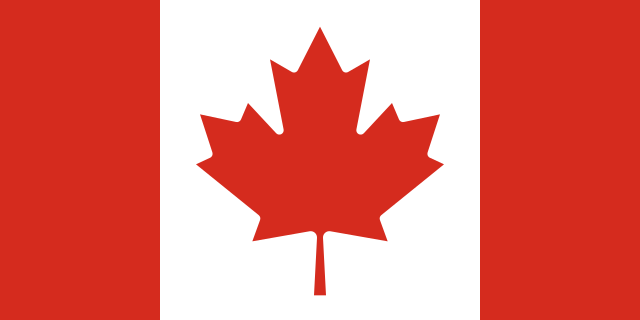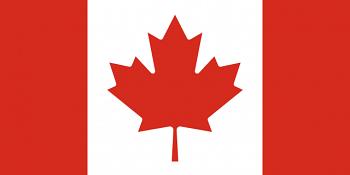Book: Everything is Wrong with Canada's Foreign Policy
Based on the book by Yves Engler entitled ‘The black book of Canadian foreign policy,’ Canada has for a long time portrayed herself to the worldas a nation of defenders of all that is right and just. This, might however, just be propaganda.
Canada’s neighbour; the United States also tries to portray an image to the rest of the world, and most especially the less developed regions, as a nation with unique obligations to the ideals of liberty, democracy, individualism and personal freedom; this is also seen as just propaganda by some quarters.
Canada, has to some extent, alwaysviewed the United States this way without knowing that she paints a similar hypocritical picture to the rest of the world.
Among many other examples which were cited in Yves Engler’s books, one recent example of the hypocrisycontained in Canada’s foreign policy is her failure to be decisive in her stance regarding Saudi Arabia’s crimes even after all overwhelming evidence.
Yves Engler is a known activist, leftist, and one of the popular voices in Canada. He is known to be factual in his protests.
Linda Freedman in her book ‘The Ambiguous Champion’ made some attempts to exonerate Canada from this negative outlook by emphasizing Canada's role in the fight against apartheid in South Africa, but this does not seem enough to convince certain quarters.
Engler, quoted on Canadian Dimension argues as to whether the intensity of the Canadian opposition to apartheid was greater than that of Angola? Ghana? Tanzania? Mozambique? Uganda? Mali? Cameroon? Kenya? Nigeria? Senegal? Somalia? Sudan? Haiti? Jamaica? Cuba? India? “How about dozens of other mostly “black” and “brown” nations? Or, for that matter, the “white” Communist bloc?” he asks
“African countries began calling for the isolation of and sanctions against apartheid South Africa in the late 1950s, with many ordinary Canadians adding their voice to these calls through the 1960s, ’70s and early ’80s. It was only after decades of Canadian backing for apartheid that the Mulroney government responded to domestic and international solidarity movements by adopting (partial) economic sanctions against South Africa in 1986. From October 1986 to September 1993, the period in which economic sanctions were in effect, Canada’s two-way trade with South Africa totalled $1.6 billion – 44 percent of the comparable period before sanctions (1979-1985).”
He noted that while South Africans endured the apartheid, Canada never cut-off diplomatic relationship with the country to protest for an end to apartheid not withstanding the fact that countries like Brazil, Norway, Denmark, Argentina etc., did. On the contrary, as other countries stopped trading with South Africa, Canada capitalized on the opportunity to further enriched herself from the trade gains.
Based on Yves Engler account, Canada’s policies should be seen for what it is and not given any false glory. Some of these policies are lopsided and made to selfishly favour Canada at the expense of all else. They are not in any way humanitarian or sacrificial as Canada would have loved the world to believe.
Comments
There are 0 comments on this post













